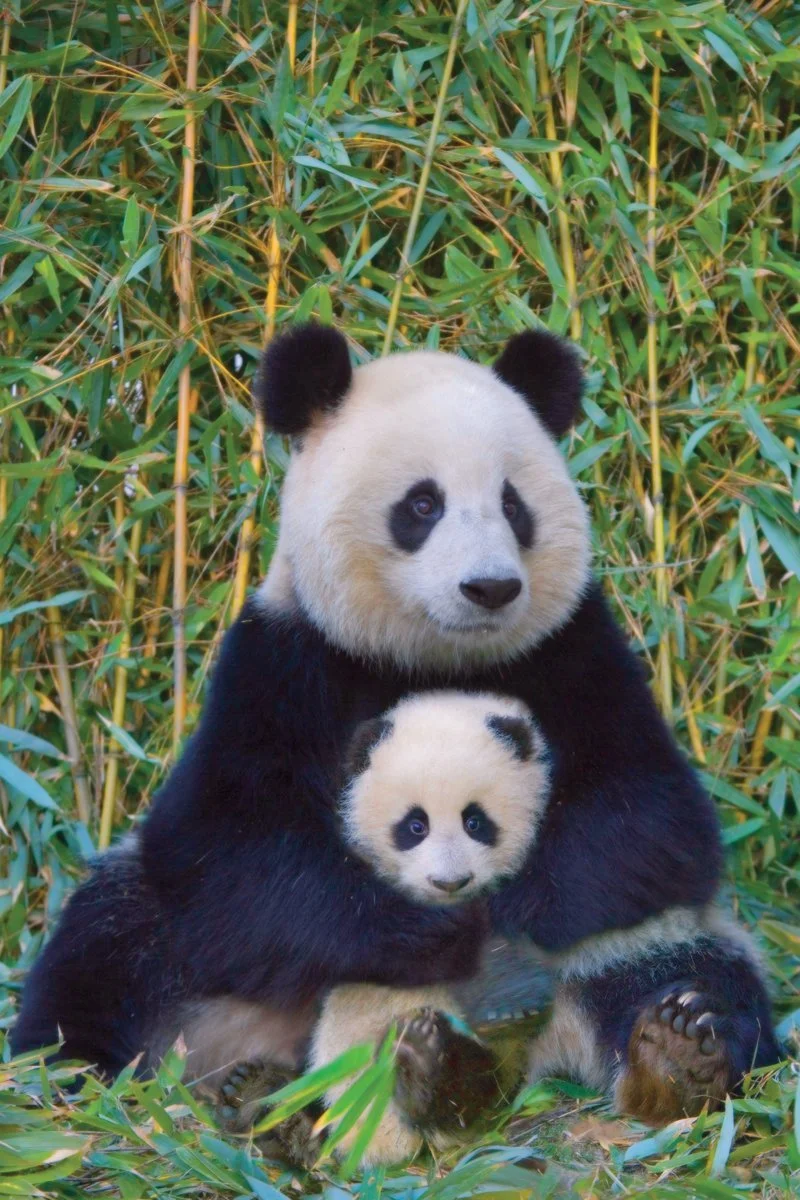More than 100 years ago the author Anatole France wrote a novel titled Penguin Island in which a blind monk baptizes a flock of penguins, mistaking them for a group of small people.
The monk's error creates a crisis in heaven, as God and his advisors debate whether birds should be given souls. They struggle with the pros and cons of the idea before finally accepting Saint Catherine's recommendation that birds be given souls, but only small ones.
Personally, I've never thought much about the souls of birds or fish or reptiles. Like most folks, I suppose, I've accepted the idea that these are "lower life forms" incapable of the kinds of thoughts and feelings we have in common with mammals. We humans stand at the top of the pile, according to our philosophies, with dominion over all the other creatures.
Dominion, however, implies responsibility. We can have our way with animals, but are we really free to do with them as we like?
I've been thinking about this after reading Humans and Other Animals, a book which grapples with questions like: What separates humans from the other animals? Are any other animals conscious? What rights do animals have under the law?
Not surprisingly, there is no agreement on the answers to these questions.
Some people believe animals are incapable of reason; others argue that their wants and needs are as important as our own. Some people feel animals were put on earth to serve mankind; others maintain that they deserve equal rights. Some see evidence of individual souls in the eyes of the creature world, while others do not.
For most of us, our relations with animals are varied and contradictory. Domestic pets are often treated like members of the family, while closely related wild creatures are treated as vermin. Cows and pigs are raised to be slaughtered, while horses are often nurtured into old age.
Animal rights activists campaign against cruelty to pets and livestock, but rarely speak out for rats, shrews, starlings, voles or pigeons. Some rail about the evils of hunting, but turn a blind eye to the sufferings of abandoned pets
As one of the writers in Humans and Other Animals points out, pets and livestock and zoo animals are protected under cruelty laws in most states, but wild creatures -- unless endangered as a species -- have no such protection. As far as the law is concerned, caged animals have more rights than those running free.
Edited by psychology professor Arien Mack, Humans and Other Animals collects the writings of legal scholars and scientists and animal trainers that were presented at a recent conference on human-animal relationships.
The writers are no closer to agreement on the issues than any of us, but one point becomes clear after reading their opinions:
Until animals learn to speak to us, or we learn to understand them, all questions about their nature or their rights are human questions. It matters not what animals think about us; it's what we think about them that controls their destiny.
Here in rural America, especially on family farms or small acreages, most animals have it pretty good. Both pets and livestock are usually well fed and have some room to roam. They are better off, I believe, because we know them by name.
Zoologist Juliet Clutton-Brock points out that until recently, most farmers lived in close contact with their livestock.
"However cruel they may have been at times, they treated their animals as individuals who could suffer like themselves," she points out. "But it is inevitable that once the numbers of animals owned becomes large, say in the thousands, their individual identities are lost."
It may not matter to a cow whether she is called "Bessie" or '"7a212-35," but it makes a difference to us, both in how we think about that cow and how she is treated. Bessie may have a small soul, but 7a212-35 has none at all.
